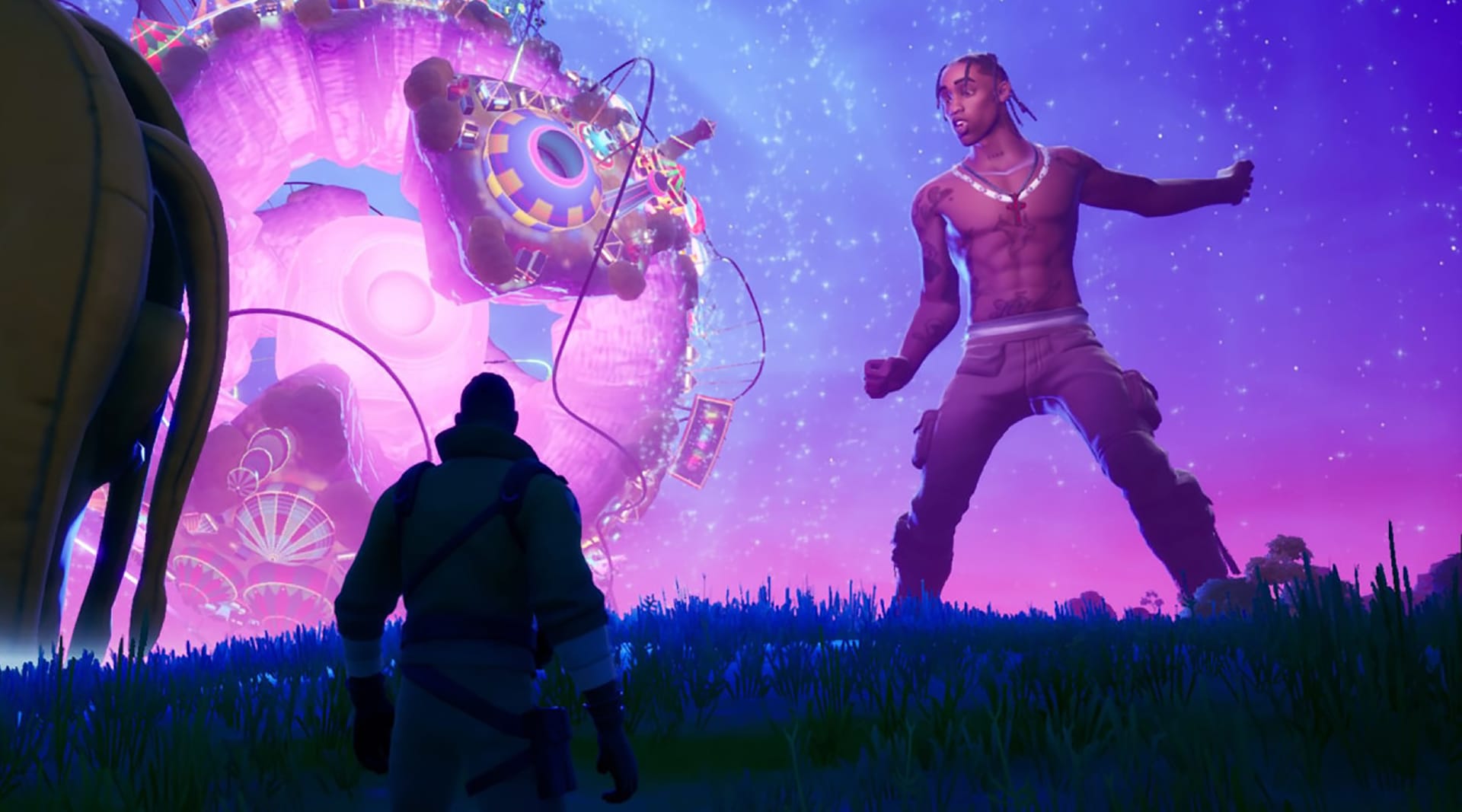The formula for digital events and virtual socializing is maturing, moving away from videoconferencing platforms into meticulously crafted bespoke virtual spaces.
From local bars to music festivals, cultural locales are being recreated in the virtual world for next-level digital socializing.
Browser Tracking Protection enabled. Unable to display content.

In May 2020, one loyal regular recreated his local pub—Skehan’s in the London, England borough of Southwark—in VR. “There have been a lot of valiant attempts to circumvent our coronavirus restrictions, with people ‘sharing’ virtual pints with the aid of Zoom, but I can’t help but feel like there’s something fundamentally lacking,” the creator Tristan Cross wrote for Wired in a May 8 article explaining his decision and detailing his process. “The space where this experience takes place is a crucial part of the experience itself.”
Others seem to agree. BrewDog, for one, is reimagining the traditional bar experience for improved virtual engagement. For each of its 102 physical locations across Australia, Germany, the United Kingdom and the United States, BrewDog is creating a virtual bar with its own online session, offering a digital environment in which locals and regulars can connect.

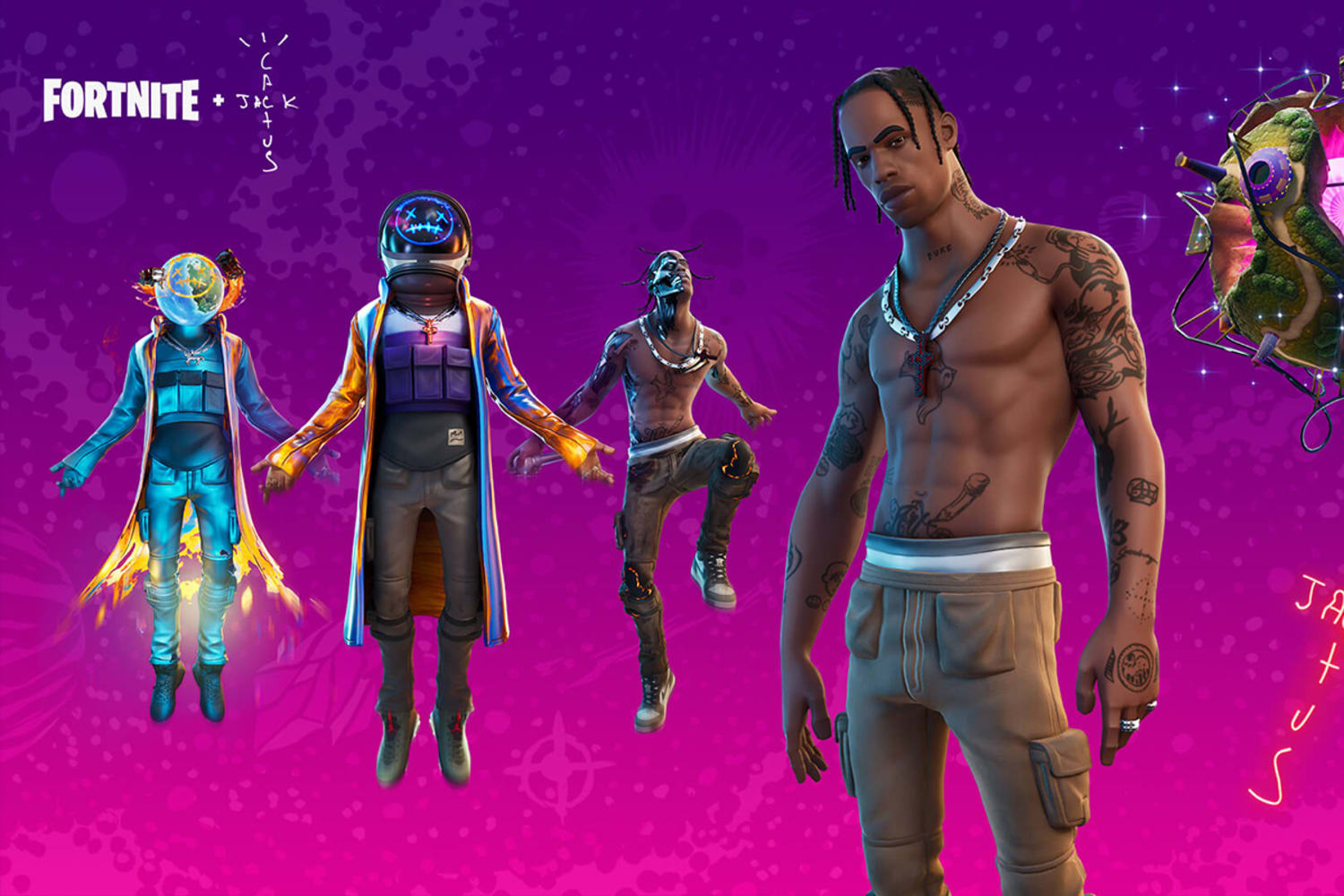

Musical artists, meanwhile, are taking to virtual stages to tour. On April 23, 2020, Travis Scott put on a virtual concert in Fortnite where he debuted new music for the nearly 28 million players in attendance. Following the concert’s success—it was the biggest event in Fortnite’s history—Epic Games launched “party royale,” a violence-free party mode for Fortnite. DJ and producer Diplo kicked off the launch with the first live event on May 1, featuring a set by Major Lazer.
Club Matryoshka, an exclusive virtual club located on a private server in Minecraft, hosted a 24-hour virtual music festival from April 26-27, 2020. The space, which was created in 2019, boasts sound stages, DJ booths and dance floors with views of unique skylines and landscaping. Called Infinite Summer, the festival hosted musicians on three stages with an audience of avatars whose players could enjoy the music and interact with other festival-goers as if they were at an IRL concert.
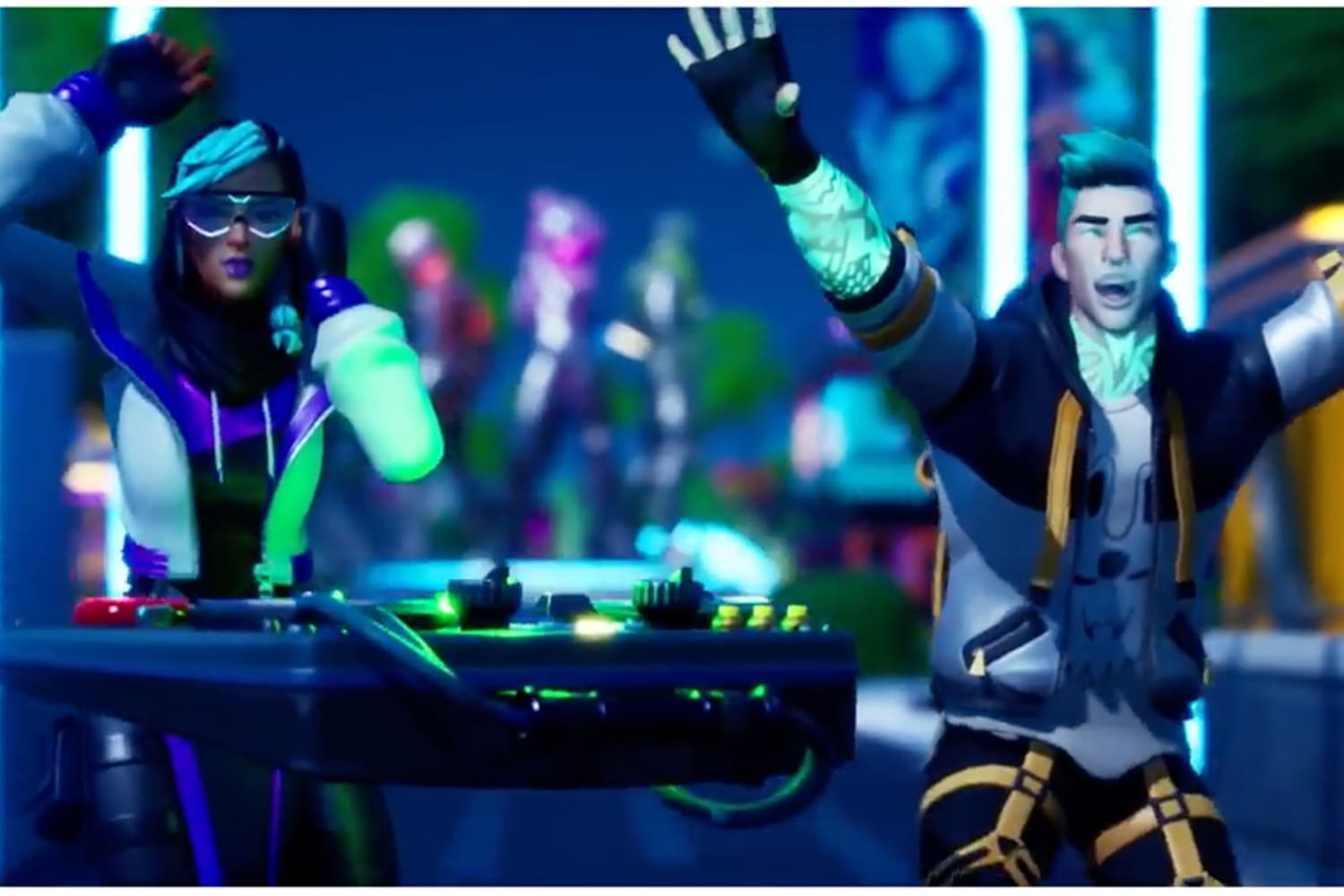
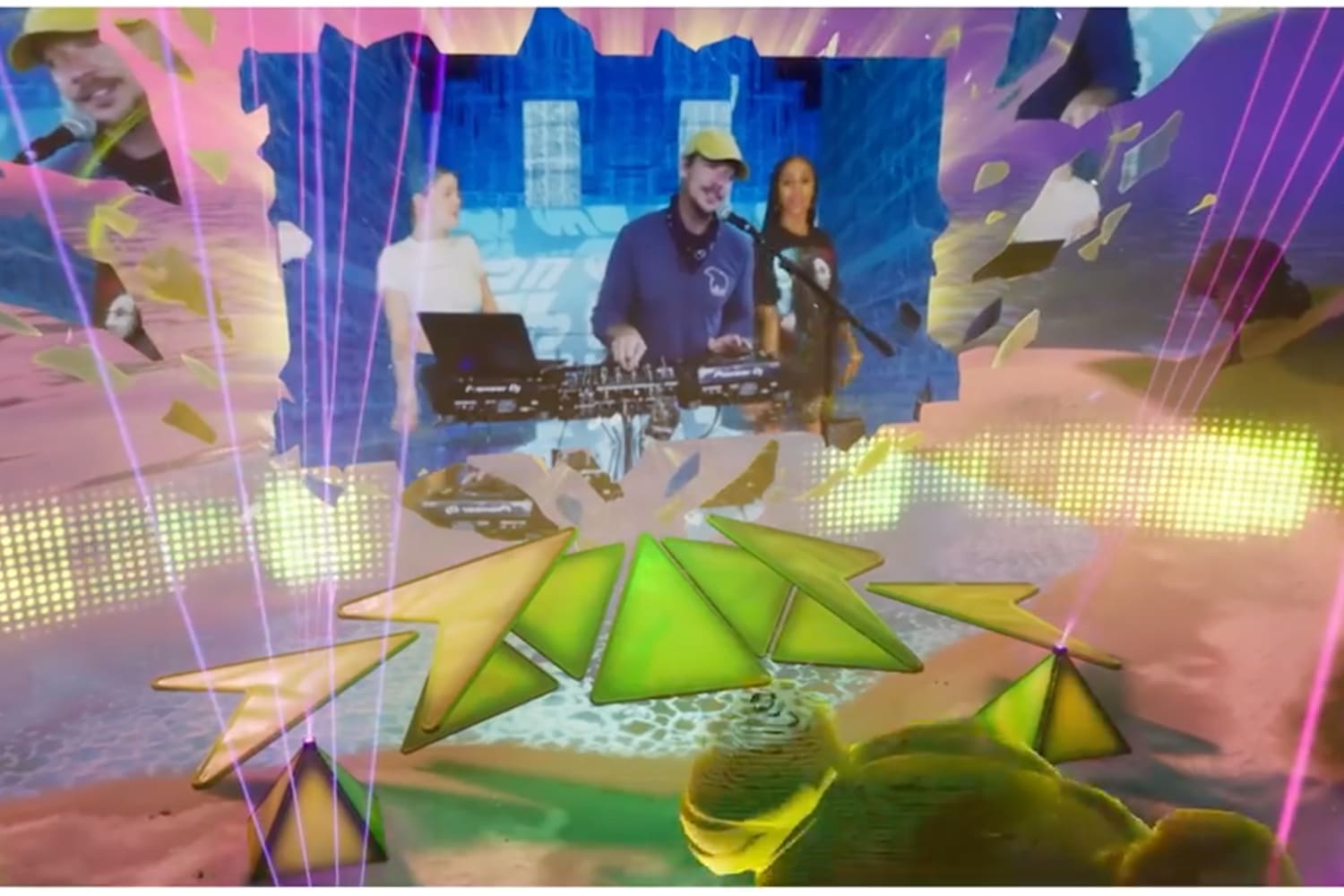
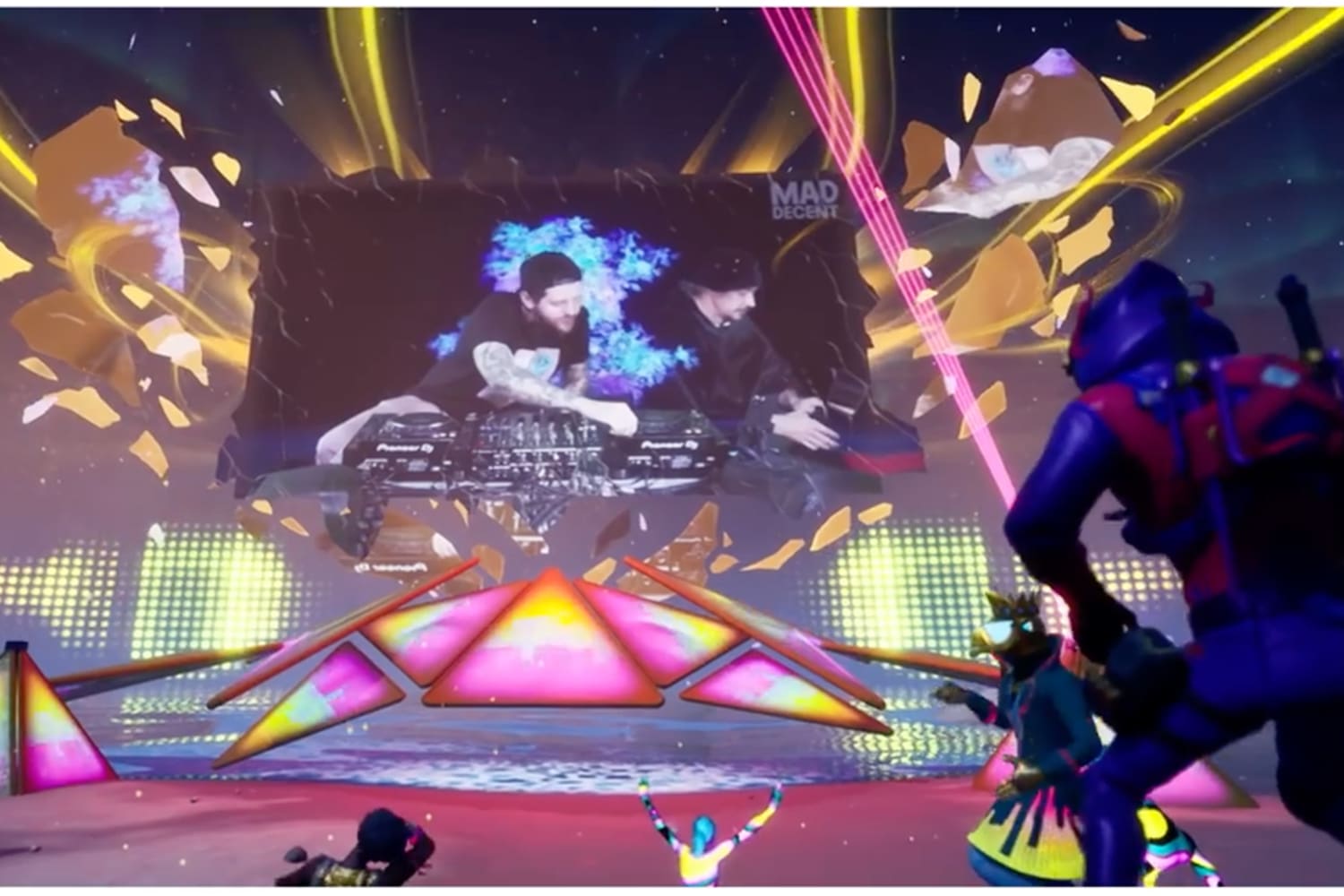
And retro video games are being resurrected as unique venues for raves and music festivals, with DJ sets performed in the Dam level of Goldeneye 64, the Legend of Zelda’s Hyrule Castle and Sonic’s Green Hill Zone.
The travel industry is also exploring digital destinations, looking to a future of virtual vacations. “The convergence of different technologies into the virtual realm could create a serious and exciting alternative to the reality of travel,” Philippe Brown, founder of luxury travel company Brown and Hudson, tells Wunderman Thompson Intelligence. “In the uber-luxury realm, we’re already speaking with a client who’d like us to scope out the creation of a virtual travel experience designed exclusively for their family to a land we co-create,” Brown explains. “It’s early days, but they imagine a destination that is a synthesis of several past journeys, some imagined and some on their wish list.”
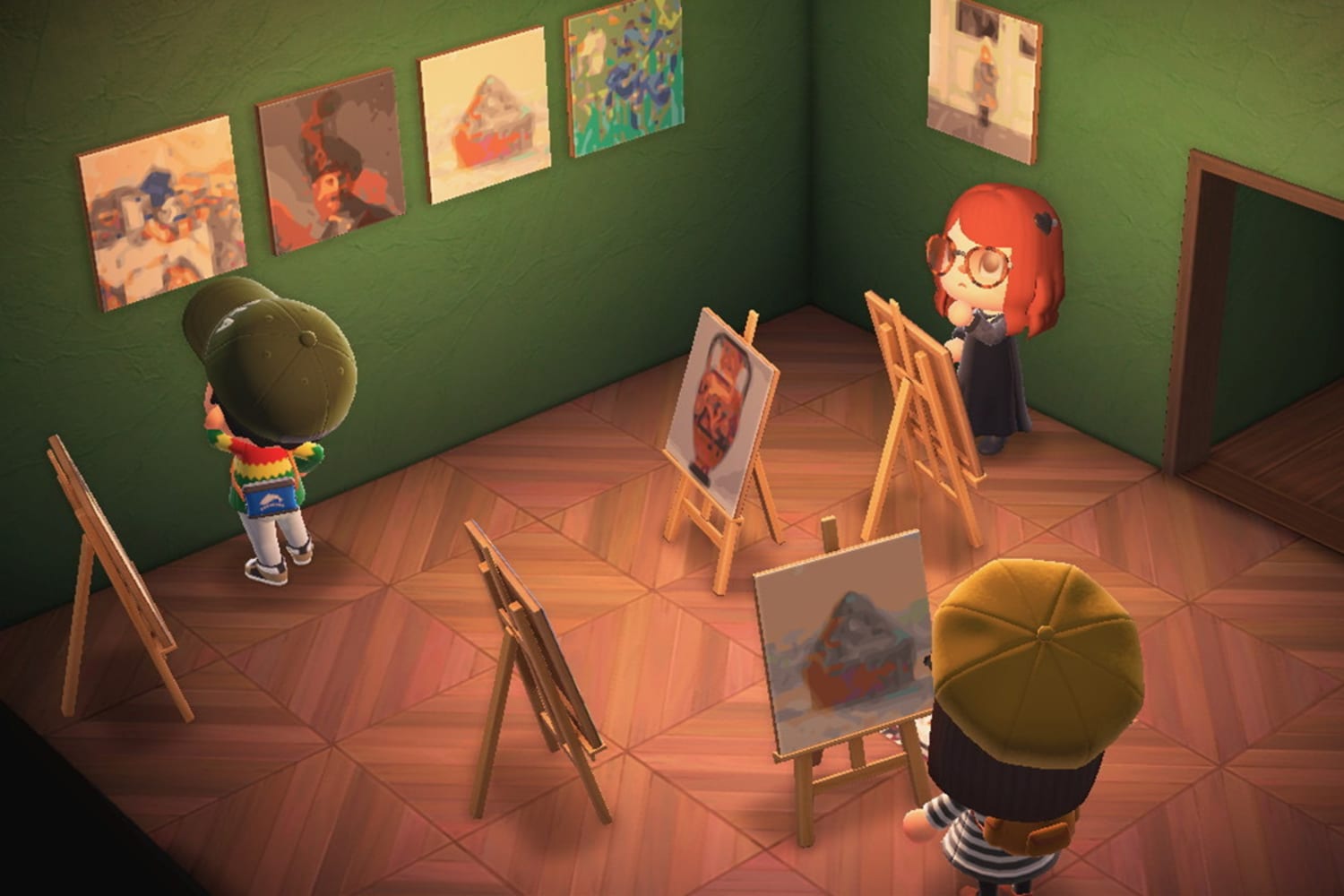
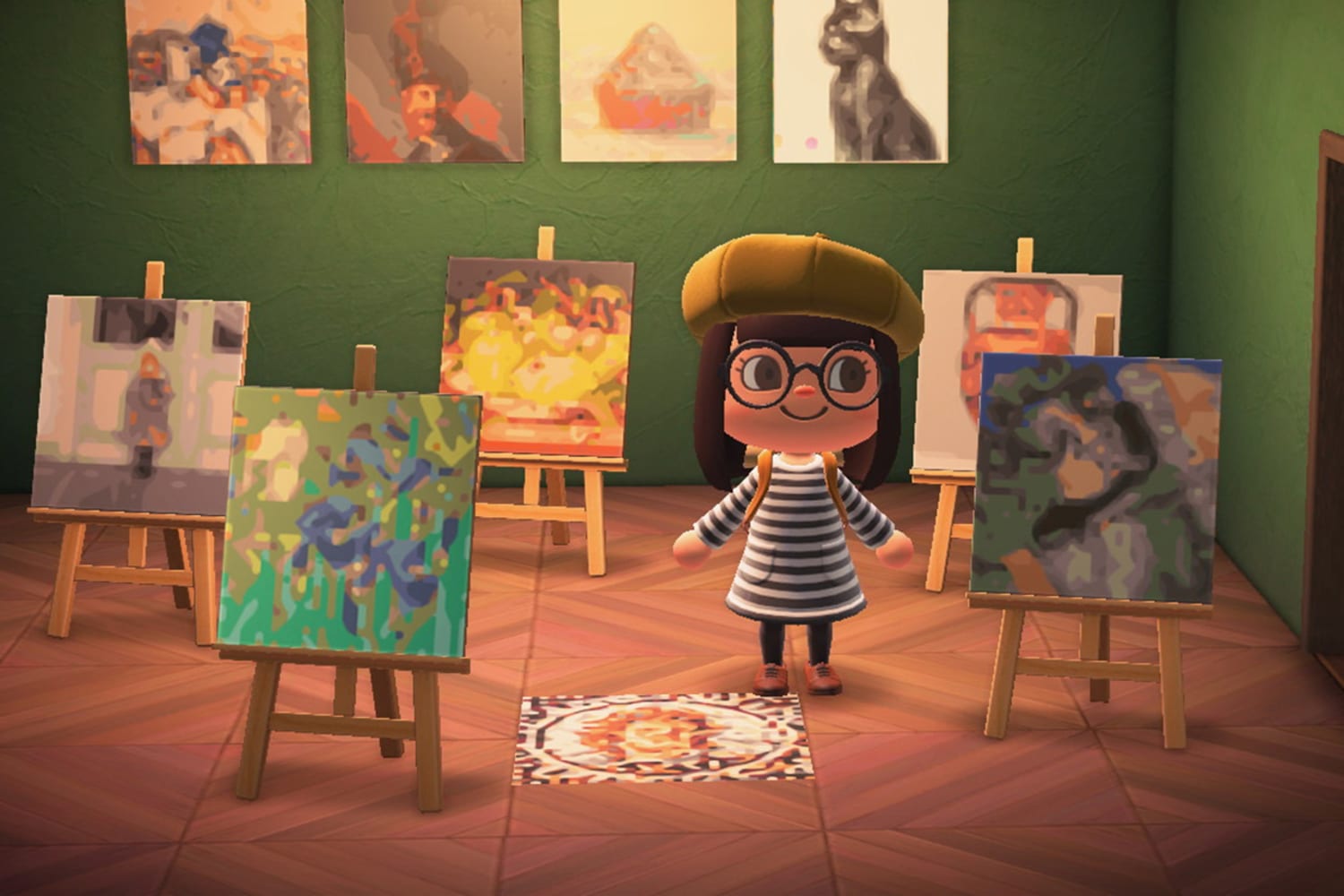
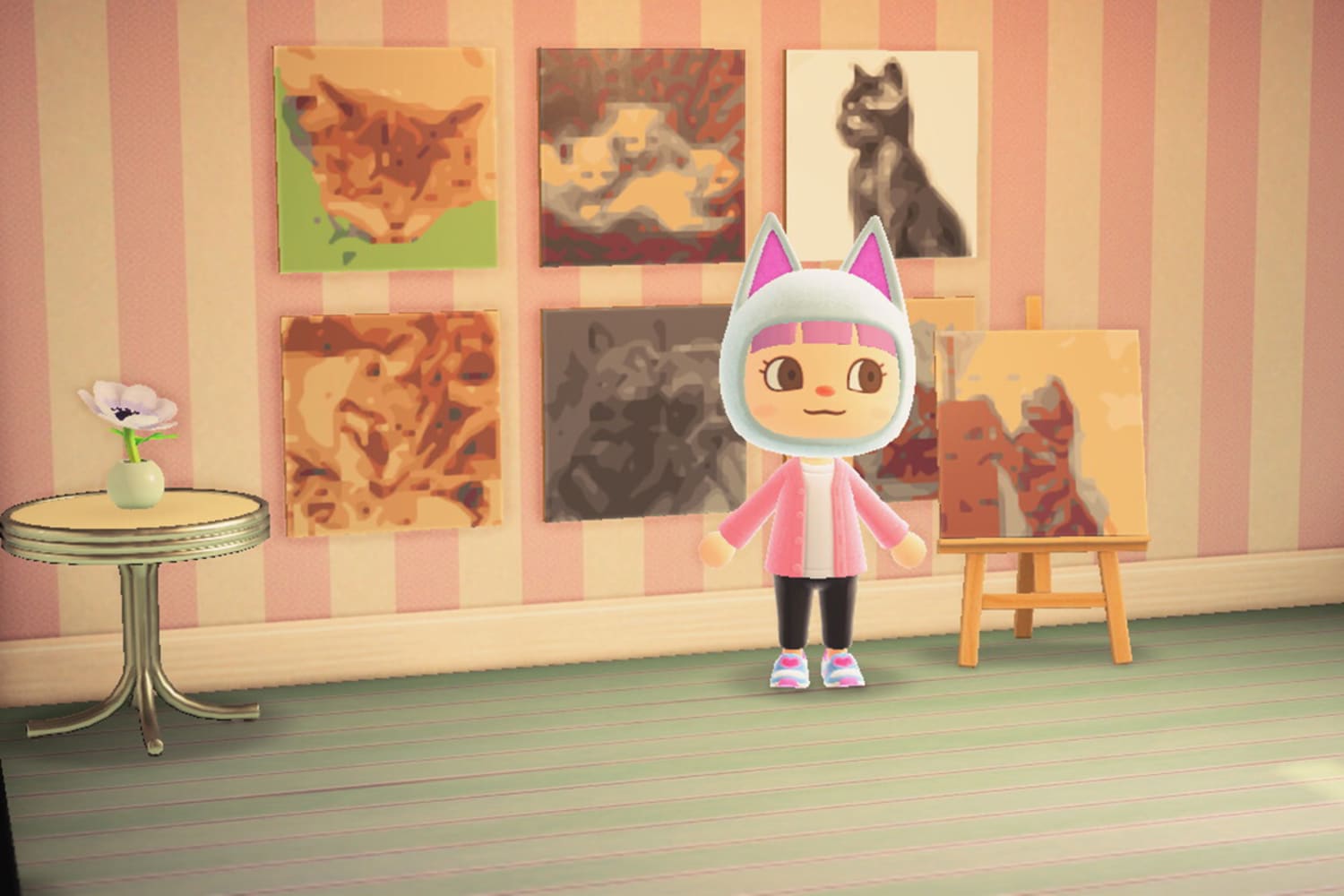
Likewise, the cultural events central to travel—like going on local tours and visiting museums—are finding footholds on virtual platforms. Nintendo has introduced several seasonal events in Animal Crossings: New Horizons. During the first week of May, players were invited to celebrate May Day by using a one-time May Day ticket at the island airport to head out on a limited-time island tour. From May 18-31 players can celebrate International Museum Day by going to various in-game museum exhibits to view fish, insects and fossils. And in April, The Getty Museum created The Animal Crossing Art Generator, which allows players to view and collect famous pieces of artwork from the museum’s archive.
These sophisticated digital locales offer an alternative to Zoom-based socializing and point to a future where entertaining is enhanced—rather than hindered—by virtual platforms.
Please provide your contact information to continue.
Related Content

VML Prague and KitKat offers a digital break with its new "Phone Break" campaign

